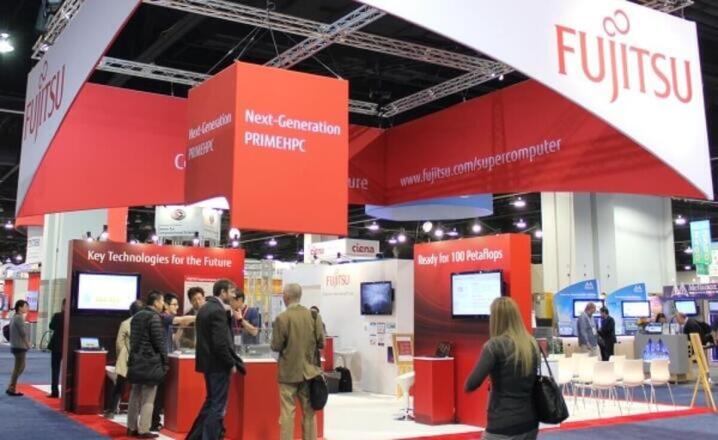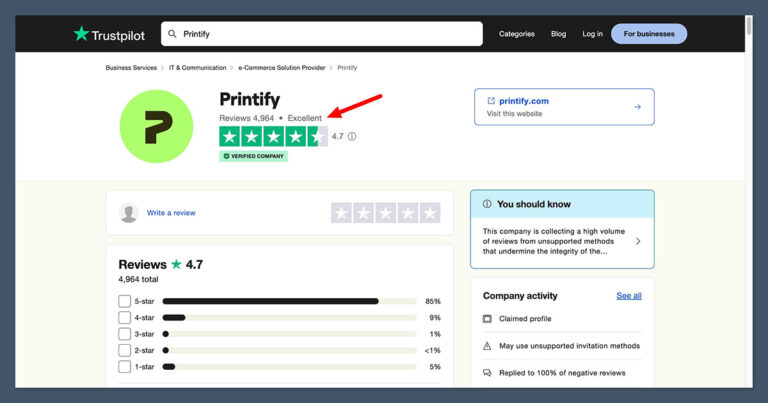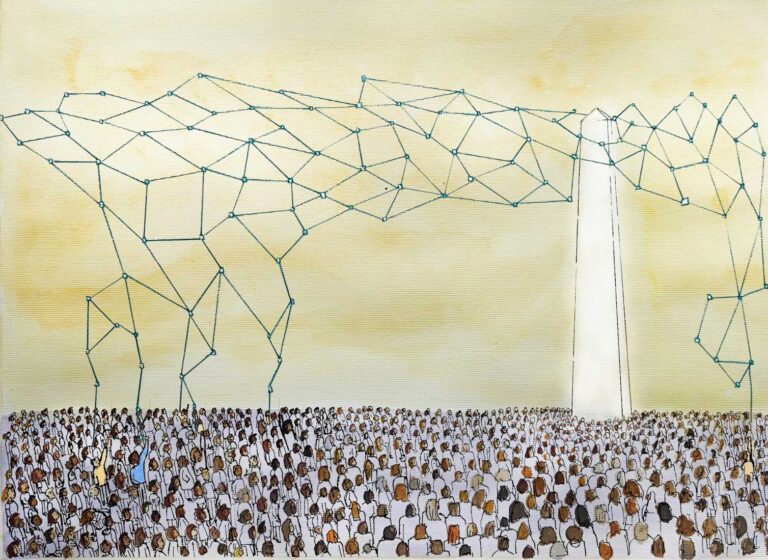
Fujitsu has deepened its collaboration with NVIDIA in a strategic move to accelerate the industrial adoption of artificial intelligence by developing a full-stack AI infrastructure that integrates AI agents. Announced in Tokyo, the expanded partnership marks a significant step in combining Fujitsu’s computing expertise with NVIDIA’s leadership in GPUs and AI platforms to create a new generation of intelligent, adaptive systems for enterprise and industrial use.
The collaboration aims to deliver a comprehensive AI agent platform and computing infrastructure tailored to custom, industry-specific applications in robotics, manufacturing, healthcare, and beyond. The companies will co-develop an AI computing stack that merges NVIDIA GPUs with Fujitsu’s next-generation FUJITSU-MONAKA CPUs using NVIDIA’s NVLink Fusion interconnect technology. This combination is designed to overcome the limitations of general-purpose computing and enable a new class of self-evolving AI systems capable of continuously learning from data and interactions.
Fujitsu’s President and CEO, Takahito Tokita, positioned the announcement as a milestone for Japan’s digital economy and a springboard for global AI competitiveness. “Fujitsu’s strategic partnership with NVIDIA will accelerate AI-driven business transformation in the enterprise and government sectors,” said Mr. Tokita. “We will create and supply full-stack AI infrastructure by merging the state-of-the-art technology of both companies, beginning with industries like manufacturing, where Japan leads the world.” Tokita added that Fujitsu intends to extend this collaboration into high-performance and quantum computing, addressing the escalating demand for advanced AI infrastructure worldwide.
From NVIDIA’s side, founder and CEO Jensen Huang emphasized the importance of creating the digital foundation required to sustain the “AI industrial revolution.” “Japan’s reliable leader in supercomputing, quantum research, and corporate systems, Fujitsu is a true computing pioneer,” Huang said. “NVIDIA and Fujitsu are collaborating to create a strong alliance for the AI future by connecting and expanding our ecosystems.”
Merging Speed with Contextual Intelligence
The partnership comes at a pivotal time for the AI industry. Generative AI has gained traction globally, yet its deployment remains concentrated among large en
terprises with access to vast computational and financial resources. Fujitsu’s strategy with NVIDIA seeks to democratize AI adoption by offering scalable, secure, and cost-effective solutions that preserve corporate autonomy. The companies envision their platform as a foundation for industries seeking to harness AI without ceding control over their data, models, or workflows to third-party providers.
At the core of the collaboration is a shared vision of “human-AI co-creation”- a concept in which AI systems complement human judgment, creativity, and expertise. By combining high-speed processing with contextual awareness, Fujitsu and NVIDIA aim to enable a continuous feedback loop between human decision-makers and adaptive AI agents. The approach will leverage digital twins to optimize manufacturing processes, apply “physical AI” to robotics and automation, and use intelligent systems to address labor shortages while stimulating innovation.
Three cornerstone initiatives define the partnership. First, the companies are developing a self-evolving AI agent platform based on Fujitsu’s Kozuchi AI framework and NVIDIA’s Dynamo platform. This system integrates Fujitsu’s AI workload orchestrator and NVIDIA’s NeMo framework, supporting multi-tenancy and secure deployment. The AI agents, designed for sector-specific use cases, will continuously adapt to user requirements and industry trends, evolving through autonomous learning. These agents will also be offered as NVIDIA NIM microservices, simplifying integration for enterprises.
Second, Fujitsu and NVIDIA will co-develop a next-generation computing infrastructure capable of “zetascale” performance. The architecture combines NVIDIA GPUs with the MONAKA CPU series to provide a seamless bridge between high-performance computing (HPC) and AI workloads. By integrating NVIDIA CUDA with Fujitsu’s ARM-based software technology, the partners plan to deliver a unified HPC-AI ecosystem that offers one-stop support for AI transformation.
Finally, both companies intend to expand a partner ecosystem around their AI agent and computing platforms, fostering cross-industry collaboration and accelerating adoption. They plan to co-create new use cases in areas such as robotics, smart manufacturing, and healthcare, where AI-driven automation could unlock significant productivity gains and social benefits.
AI Infrastructure in Japan
The initiative reflects Japan’s broader ambition to establish AI infrastructure as a national strategic asset and to position its technology ecosystem at the forefront of the global AI economy. Fujitsu’s effort aligns with Japan’s digital transformation agenda and its pursuit of sustainable, data-driven growth. By building out this infrastructure domestically, the company also aims to reduce dependence on foreign cloud providers while strengthening national AI capabilities.
Looking ahead, Fujitsu and NVIDIA plan to scale their collaboration beyond Japan, targeting global markets where demand for AI infrastructure is surging. By 2030, the partners intend to position their full-stack AI platform as a foundation for enterprise transformation, offering businesses and governments a framework to deploy intelligent systems securely and at scale.
As industries worldwide grapple with the twin challenges of automation and sustainability, Fujitsu’s partnership with NVIDIA underscores a clear shift in AI strategy – from isolated applications toward integrated, evolving systems that serve as the digital backbone of the next industrial era. The alliance signals not only Japan’s determination to lead in AI infrastructure development but also a growing convergence between advanced computing and practical, real-world intelligence.


